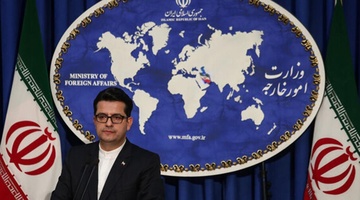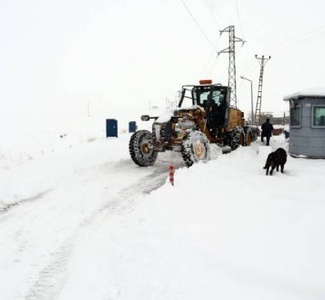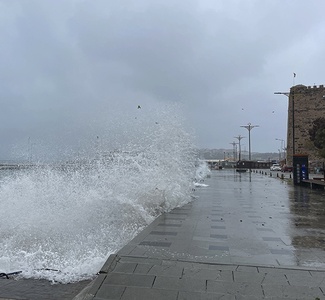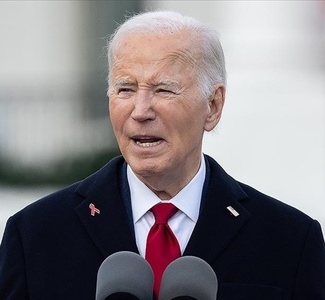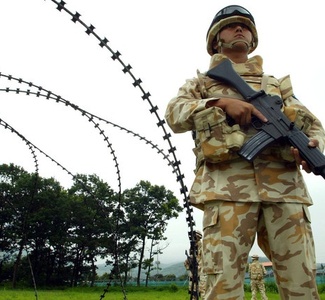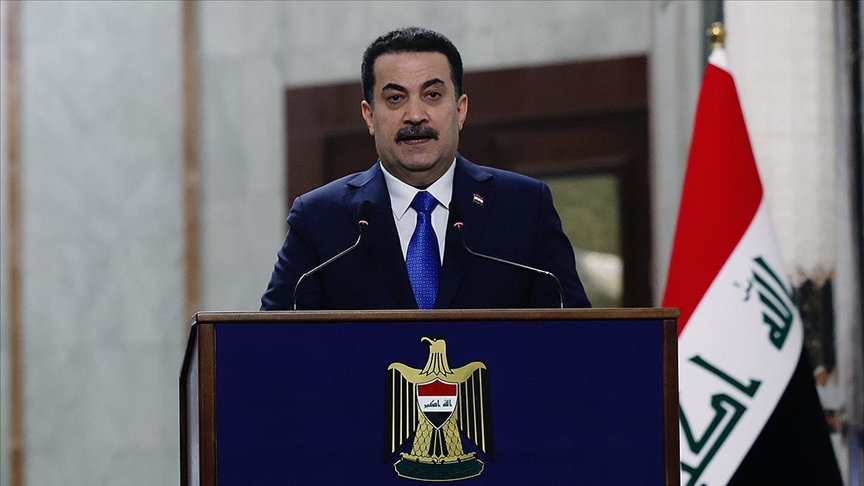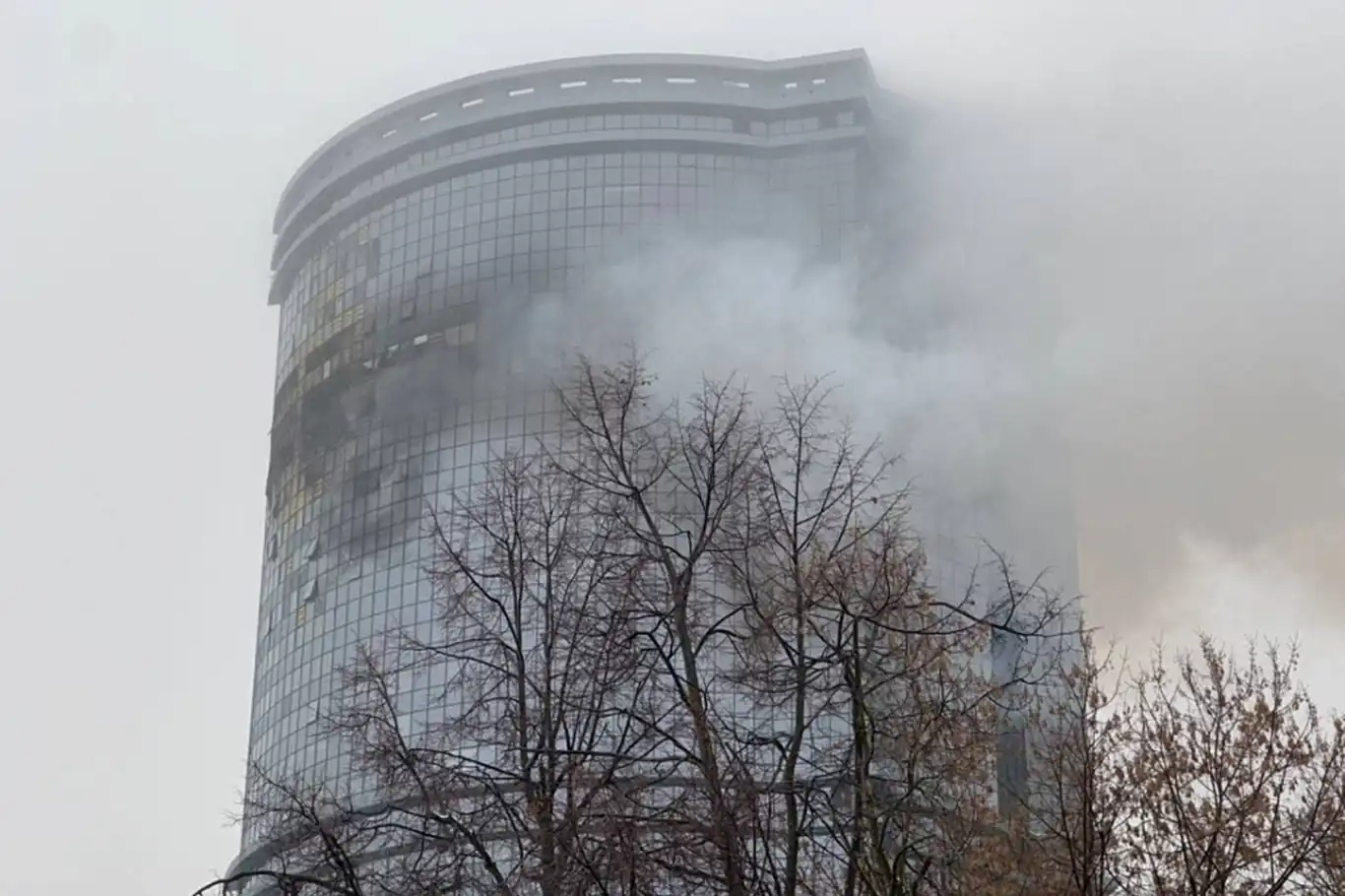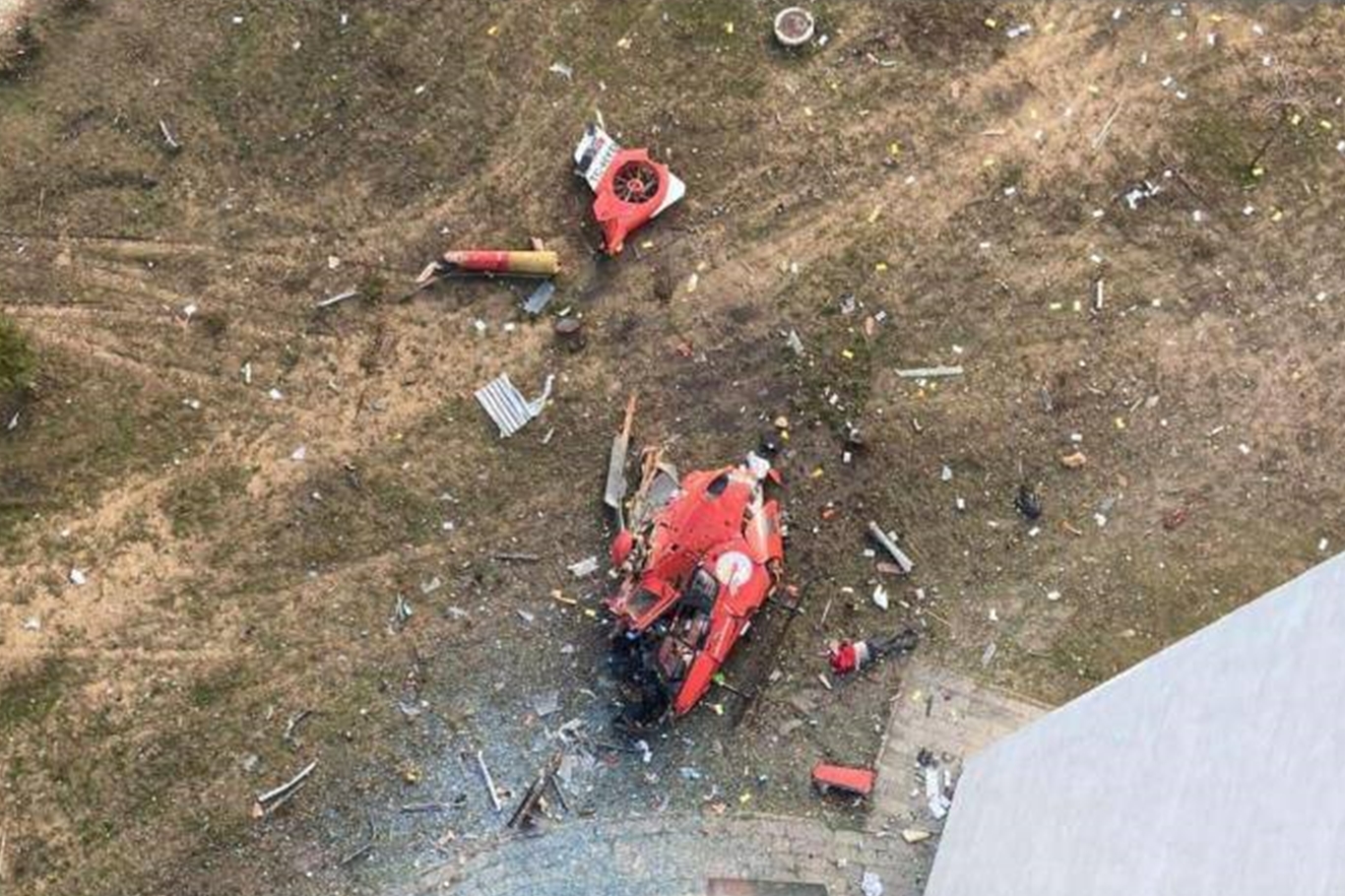Global fault-lines risk exploding: UN
Secretary‑General of the United Nations António Guterres has addressed the Security Council, which on Thursday held a debate on upholding the founding treaty of the UN, nearly 75 years since its adoption.

 Google News'te Doğruhaber'e abone olun.
Google News'te Doğruhaber'e abone olun. "At this time when global fault-lines risk exploding, we must return to fundamental principles; we must return to the framework that has kept us together; we must come home to the UN Charter," he said.
Signed in June 1945, the UN Charter promised to save future generations from the devastation of war.
He went on to say: "It reaffirmed the equal rights of all people, respect for national self-determination, the need for peaceful settlement of disputes, and contained clear rules governing the use of force. These values and objectives endure today."
"These principles are not favors or concessions. They are the foundation of international relations. They are core to peace and international law. They have saved lives, advanced economic and social progress and, crucially, avoided a descent into another world war," he stated.
"But when these principles have been flouted, put aside or applied selectively, the result has been catastrophic: conflict, chaos, death, disillusion and mistrust. Our shared challenge is to do far better in upholding the Charter’s values and fulfilling its promise to succeeding generations," he added.
The Charter of the United Nations of 1945 is the foundational treaty of the Unıted Nations, an intergovernmental organization. The UN Charter articulated a commitment to uphold human rights of citizens and outlined a broad set of principles relating to achieving "higher standards of living", addressing "economic, social, health, and related problems," and "universal respect for, and observance of, human rights and fundamental freedoms for all without distinction as to race, language or religion." As a charter, it is a constituent treaty, and all members are bound by its articles. Furthermore, Article 103 of the Charter states that obligations to the United Nations prevail over all other treaty obligations. (ILKHA)




























